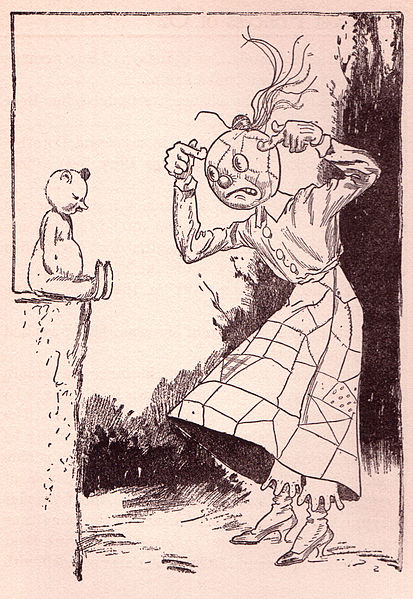A Field Guide to Bad Faith Arguments: 7 Terrible Arguments in Your Mentions
Aaron Huertas, Medium
Bad faith arguments are common in politics. And while they’ve always been part of political culture, they’re much more rampant on social media. It’s easy to fall prey to bad faith arguments and waste time engaging someone on points that obscure rather than shed light on how we’re all affected by policy and politics.
So with that in mind, here’s a field guide for spotting and responding to bad faith arguments and staying focused on the real-world issues that matter.
What’s a Bad Faith Argument?
The hallmark of a bad-faith argument is that it obscures the core point of a debate rather than addressing issues, beliefs and values head-on.
Bad faith arguments aren’t “real” positions: they’re proxy positions people take for rhetorical purposes.
… here are some other types of bad faith arguments we run into every day online and in public policy debates. Don’t waste time responding to these arguments on their own merits…they have none. They exist to distract from core policy issues and the actual effect policies have on our lives, our rights and our planet. Stay focused on what matters. …
(23 September 2018)
No, I Will Not Debate You
Laurie Penny, Longreads
Civility will never defeat fascism, no matter what The Economist thinks.
—
There are some stupid mistakes that only very smart people make, and one of them is the notion that a sensible argument seriously presented can compete with a really good piece of theatre.
Every day, people on the internet ask why I won’t “debate” some self-actualizing gig-economy fascist or other, as if formal, public debate were the only way to steer public conversation. If you won’t debate, the argument goes, you’re an enemy of free speech. You’re basically no better than a Nazi, and certainly far worse than any of the actual Nazis muttering about not being allowed to preach racism from prestigious pulpits. Well-meaning liberals insist that “sunlight is the best disinfectant,” anti-fascists disagree, the far right orders more popcorn, and round and round we go on the haunted carousel of western liberal thought until we’re all queasy.
… There’s a good case to be made for what anarchists call “prefigurative politics” — the idea that part of the way you build a better world is by creating a version of the world you want to see. The Occupy movement did this, creating microcosms of sharing societies based on mutual aid and consensus, before the camps were summarily squashed by police. The culture of “debate” operates on similar lines but at a much higher budget: it’s live-action roleplaying of a Classical fever-dream of a society where pedigreed intellectuals freely exchange ideas in front of a respectful audience, the sort of society that would have made certain ancient Greek philosophers drop their hemlock in excitement.
Personally, I prefer an exchange of ideas that is less hierarchical and performative, because I’ve found that a lot of the people whose voices matter most are people who don’t put themselves forward as spokespeople, if they are invited at all. Or written dialogue, because it gives all parties more time to think and reflect. Or any format where good ideas are what count, not how good you are at showboating and humiliating the other guy. …
(September 2018)
Against civility, or why Habermas recommends a wild public sphere
Steven Klein, Aeon
… how important is civility for democracy? According to one of the greatest theorists of the democratic public sphere, the German philosopher Jürgen Habermas, not very. Habermas is deeply concerned with protecting our ability to solve problems through the use of reason. Yet he believes that democracy is best served when the public sphere is left open, anarchic and conflictual.
For Habermas, the function of public debate is not to find a reasonable common ground. Rather, the public sphere ‘is a warning system’, a set of ‘sensors’ that detect the new needs floating underneath the surface of a supposed political consensus. And if we worry too much about civility and the reasonable middle, we risk limiting the ability of the public sphere to detect new political claims. To get those claims on the agenda in the first place often requires uncivil and confrontational political tactics.
(24 September 2018)
Image: Patchwork Girl Arguing with The Bear King. From “The Lost Princess of Oz” by L. Frank Baum, Illustrated by John. R Neill (1917). Via Wikimedia Commons.





